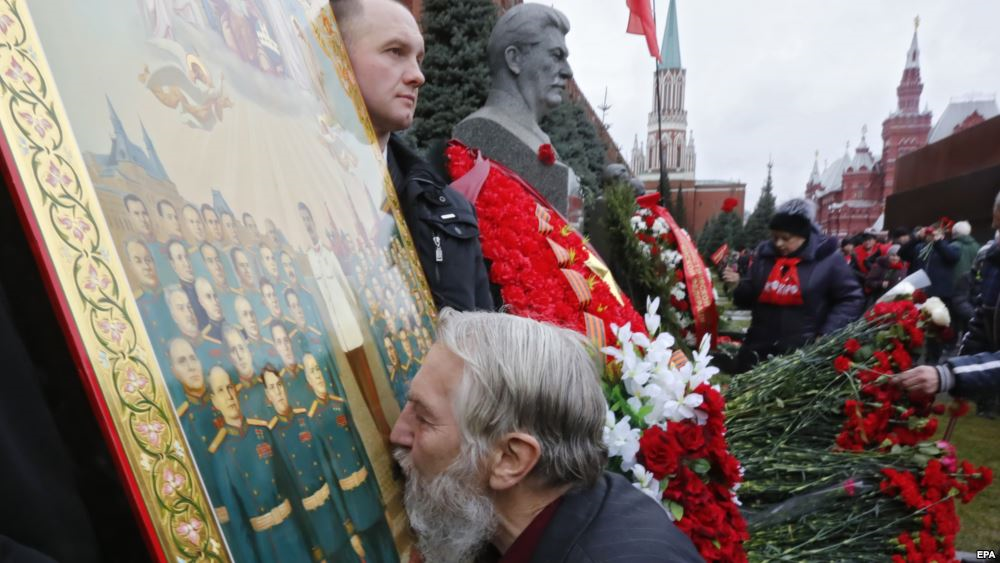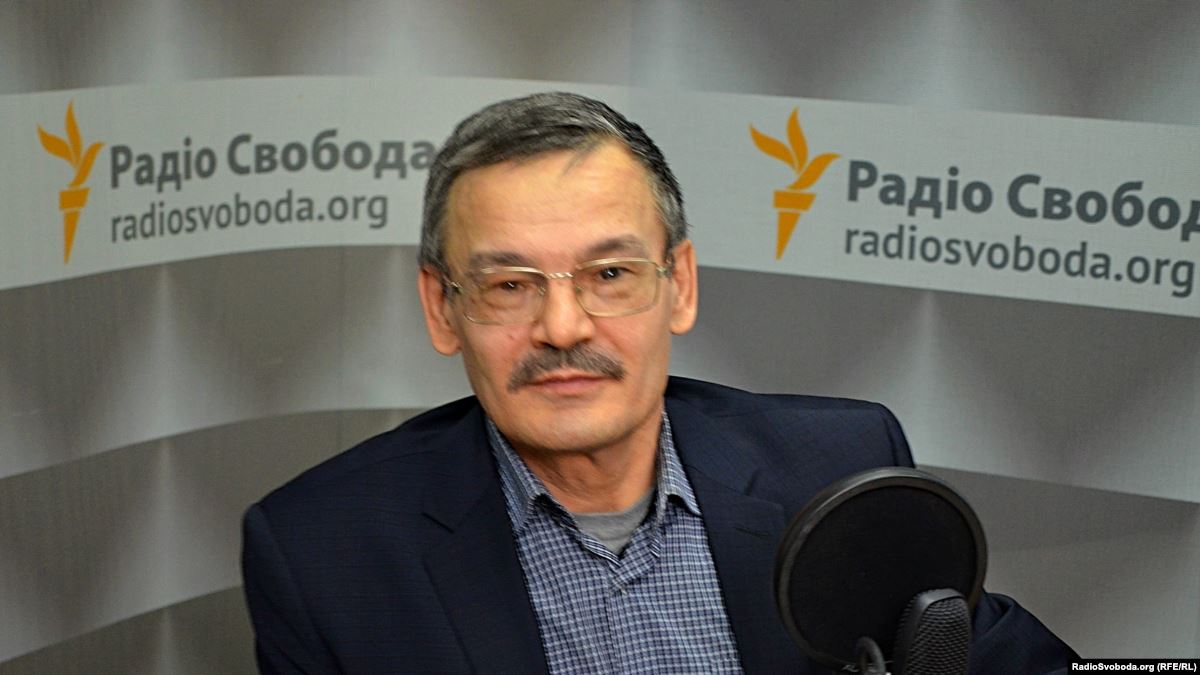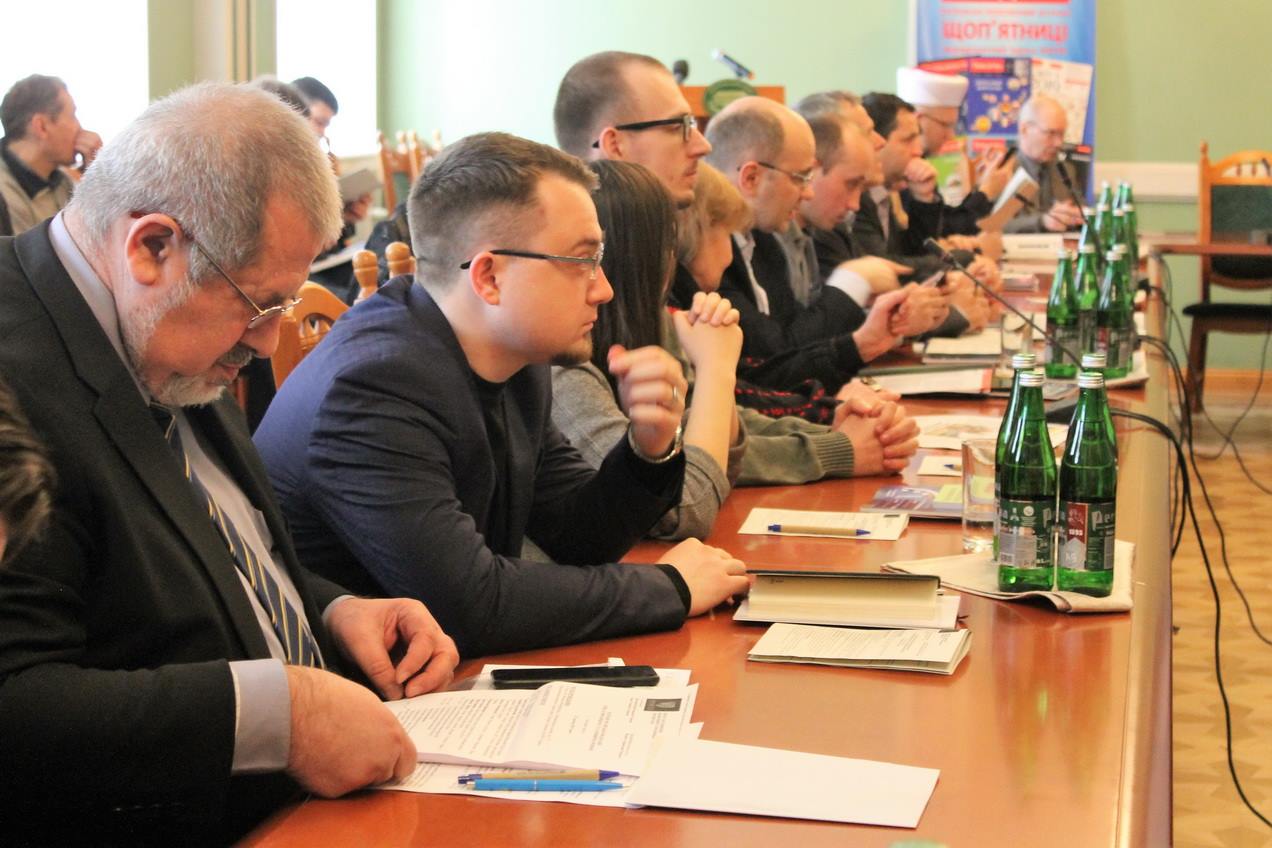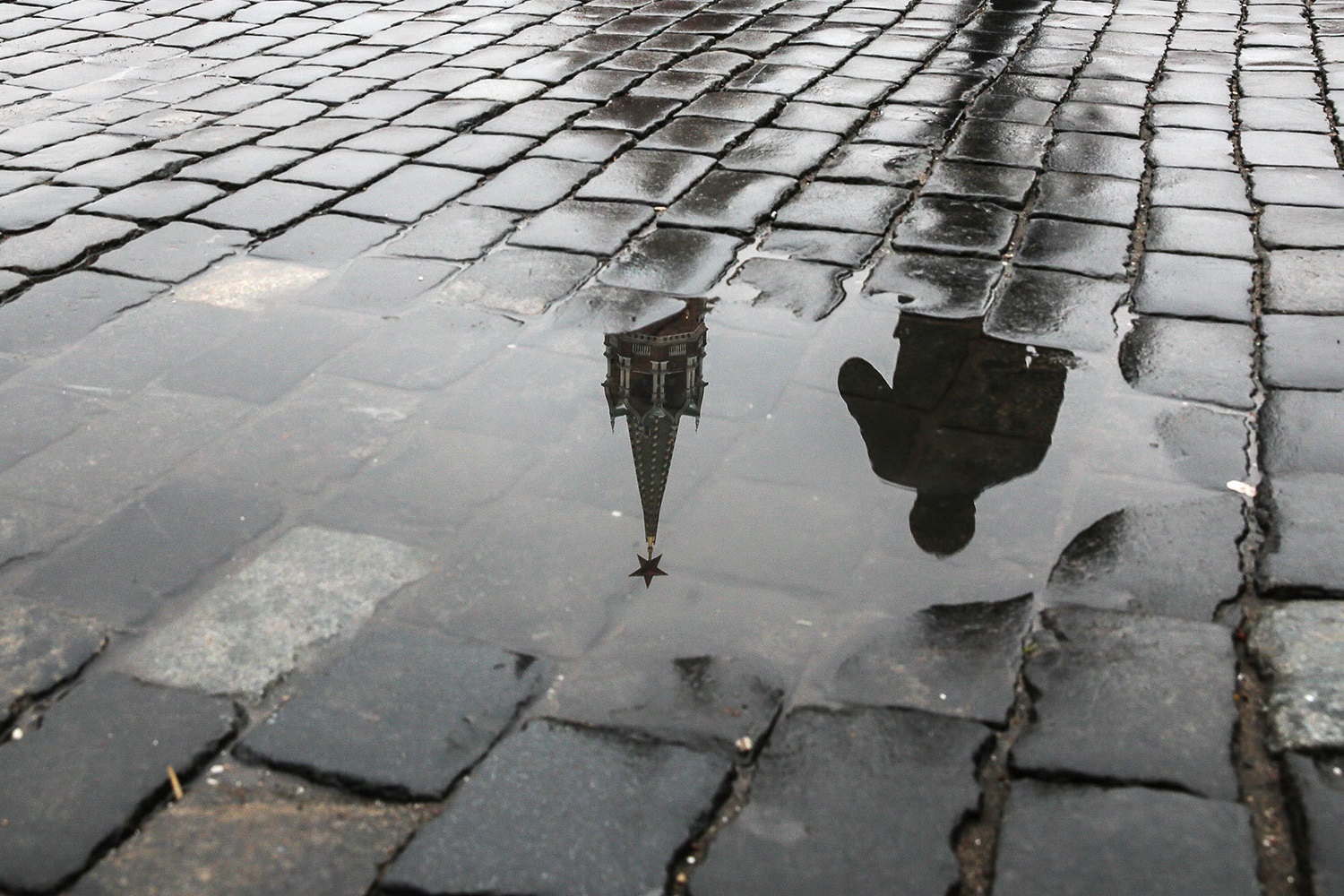The Levada Center poll concerning whom Russians see as the most outstanding statesmen of all times and places has attracted most attention because it found that they list Soviet dictator Joseph Stalin as number one with Vladimir Putin and Aleksandr Pushkin tied for second.
But perhaps equally important is that Russians did not list a single non-Russian in the top dozen: the highest ranked of those was Napoleon at 14th place. But as Aleksey Makarkin points out, there is in that too “not a little of Russian patriotism” because of “pride about a victory over such a great military commander.”
For Russians who took part in this poll, “Russia is undoubtedly the center of the world, and foreign history interests them not very much.” Indeed, they are inclined to list as outstanding statesmen Russian poets and novelists before considering any political leader from any other country.
But the most important finding of the poll that must be explained, the Moscow commentator says, is the extremely high support Russians now display for Stalin. “The simplest and completely true explanation of this phenomenon,” Makarkin says, “lies in the authoritarian culture characteristic of Russian society.”
Russian society doesn’t respect institutions very much. Instead, it places its bets “on a strong and just leader capable of imposing order.” And despite what many think, the 1990s were not an exception in this regard. Many saw Boris Yeltsin at least initially as a strong leader who could make changes. Only later did that change, the Moscow commentator continues.
But something far more fundamental is at work, Makarkin says.
Stalin “unites people who on other issues support very different views.” That is possible because there are in effect many Stalins, and different people now can support that Stalin they find most attractive ignoring all the others.
Thus, some Russians may support Stalin because they are loyal to the current regime, but only “if they see in Putin a continuer of the course of the Soviet leader.” But others may support him precisely because they reject Putin, viewing him as insufficiently tough and aggressive and thus comparing him unfavorably with Stalin.
Other present-day Stalinists may be Russians who suffered in the 1990s and remember Stalin as an ascetic leader who cracked down hard and justifiably against the bourgeoisie. And still other “Stalinists” can be found among those who view the Soviet leader as “’an effective manager’” and as the man who won the war.
“In this way,” Makarkin says, “Stalinism penetrates into various social groups. The common cause is a lack of empathy and in the atomization of society which can be united only for a time and only against an enemy which it is shown on the television screen.” The sufferings of others simply aren’t that important to them.
That helps to unite a society which is otherwise not united, but what must be remembered, Makarkin continues, is that not one of these groups “would want to live in Stalin’s times. No one would want to be pulled from his warm bed and carried off by the secret police. No one would want to lose his property, not to speak about his life.”
At the same time, he concludes, one shouldn’t see this lack of interest as a good thing because “the justification of Stalinism by an enormous segment of Russians doesn’t testify to the moral health of society.” Instead, it testified to exactly the reverse, even if those who name him an outstanding leader don’t really want to live under all the various Stalins he represented.
Related:
- The real clash of civilizations: Last Lenin comes down in Kyiv as Stalin cult rises in Moscow
- Putin and Stalin fit right in at the “Immortal Regiment” event in Boston
- Moscow completely restores and promotes Stalinist conception of WW2, Pavlova says
- ‘Putin’s GULAG more horrible than Stalin’s,’ researchers say
- Putin follows Hitler and Stalin in seeking to repress Jehovah’s Witnesses
- 80 years ago, Stalin’s NKVD began to arrest and shoot the deaf and dumb
- Haytarma: the film about Stalin’s deportation of the Crimean Tatars Russia doesn’t want you to see | Watch online




